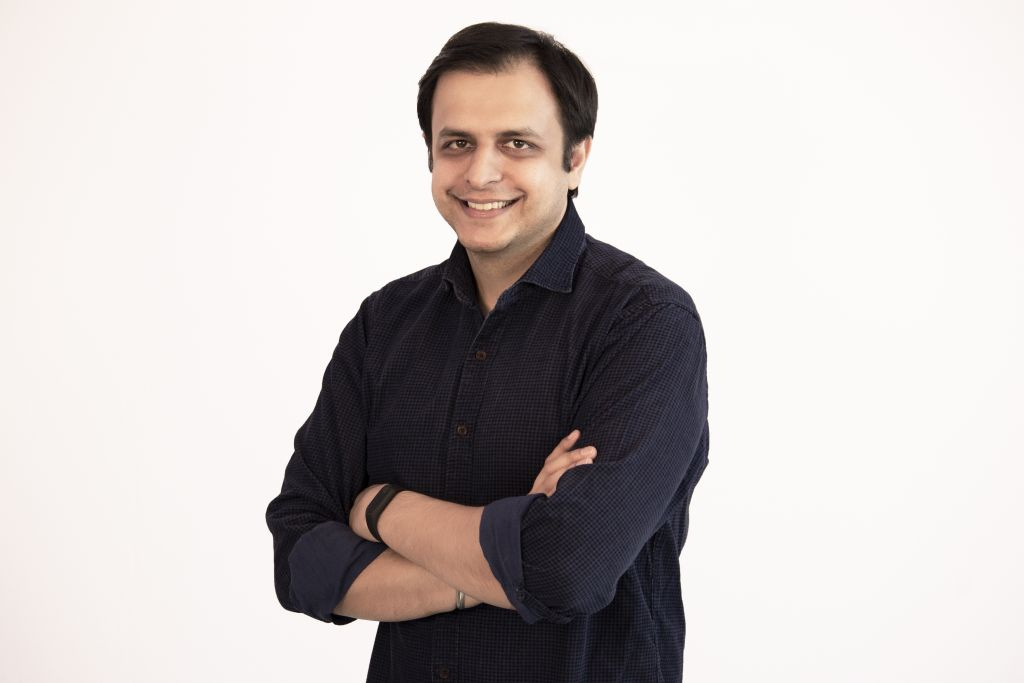
The new normal has proved to be a challenge for those industries focused on offline models. Overnight, private and public schools moved from offline to online platforms. While private schools had the resources and smaller teacher-to student-ratios, state schools have struggled.
This is due to several reasons:
· Limited resources to train teachers to teach online;
· Large classrooms (1 teacher for 50-60 students);
· Lack of attention given to students on an online platform; and
· An inability of many state school students to afford cellular or internet services
These factors, and many more, are reasons behind the loss of learning – a great cause of concern – as children forget concepts taught when they were physically present in schools. This has been echoed by organisations around the world; in June 2021, in the UK, the Department for Education published research examining learning loss amongst primary and secondary school pupils in England during the spring and autumn terms, both nationally and regionally. Learning losses were tangible and at worrying levels.
We also plotted learning losses in a collaboration with Nielsen the market research firm. We discovered it had affected children as low as grade 1, with parents revealing some children were not able to grasp basic number concepts equivalent to learning alphabets in languages.
These losses, and learning deficits all link back to why I started Cuemath, and the pedagogy which drives what we do. Since inception, a driving thought has been the disconnect and lack of foundational knowledge children had whilst studying for competitive engineering exams. I had to find the source of the problem, and narrowed it down how maths was taught at an early age. I also realised each child learns differently, and that learning – particularly maths – must be personalised. This was the birth of Cuemath.
Cuemath is a global EdTech company offering a unique learning platform, focused on personalisation and the core belief that learning should be a fun and enjoyable experience, and our methodology reflects this. Maths is the language of logic and reasoning, not memorisation.
Our pedagogy is focused on improving learning outcomes and making maths a subject children enjoy. Our philosophy is that maths can take you anywhere. With strong maths and coding proficiency, students can achieve greatness, not only academically, but more widely – in life and careers.
We believe that Cuemath’s approach is unique, and have managed to convince such backers as Google that we are right . Our curriculum teaches maths visually, focusing on real-world examples rather than more abstract theories common in conventional teaching platforms and traditional education. We believe demonstrating how a concept works in practice and relaying it in digestible snippets yields a deeper, intuitive understanding and grasp of concepts. We also gamify the experience for students with age-appropriate visuals, adding to the fun of learning challenging concepts.
Our programme contrasts with existing approaches that place excessive emphasis on memorisation and rote mechanics – the process of memorising and learning information based on repetition. There are better and more effective ways of understanding topics, to empower students for later life.

The past 18 months has seen the rise of several EdTech players around the world, offering after-school programmes to help children. Their rise has disrupted the education industry, with its sheer scale and rapid activity showing the direction of travel. The space is highly competitive, rapidly growing, and having clear competitive differentiators and staying true to them, is vital. In this crowded market, EdTech companies must stand out from their peers.
We don’t believe EdTech platforms are there to replace schools, or be remedial programmes enabling students to perform better. Rather, the focus should be provision of an after-school learning platform to help children learn at their own pace and master concepts comprehensively. This differs from the traditional approach of focusing solely on syllabus completion.
Education is one of the most powerful tools in the fight against inequality. It can be an equalizer within society, reducing wage gender gaps, improving health outcomes, and reducing poverty. Improving access to education and literacy is also vital.
World Bank data shows over 50% of children in lower and middle-income countries do not possess foundational maths skills by 10 years old. This rises to 90% in low-income nations. Both are unacceptable. In September, we made our curriculum – normally $299 a year – free to all children globally, for one year. This was to address global education inequality and promote the drivers of learning.

According to UNESCO, if all students in low-income countries had basic literacy skills, 171 million people would be taken out of poverty. It is vital to eradicate sub-standard education and improve the maths and literacy proficiency, especially in socially and economically disadvantaged communities, as much can be gained from even basic education.
Every day we see success stories, the building of self-confidence and self-belief as children are equipped with skills invaluable for later life.
One of our students in Scotland – an year old called Srivathsan Narasimhan – developed a ‘Math Gym’ application to help one of his juniors in school with mental arithmetic, who was struggling with percentages and fractions. Srivathsan launched a customised app to improve his friend’s speed, accuracy and confidence in problem solving.
Case studies like this show how EdTech platforms are great tools for helping students succeed at school, for supporting students affected by learning loss, and how to have a transformative impact on wider society.
By reimaging traditional teaching methods, our pedagogy seeks to reorientate the education system towards individualisation and personalisation, and even make an impact on global issues.
Register for free
No Credit Card required
- Register for free
- Free TeachingTimes Report every month